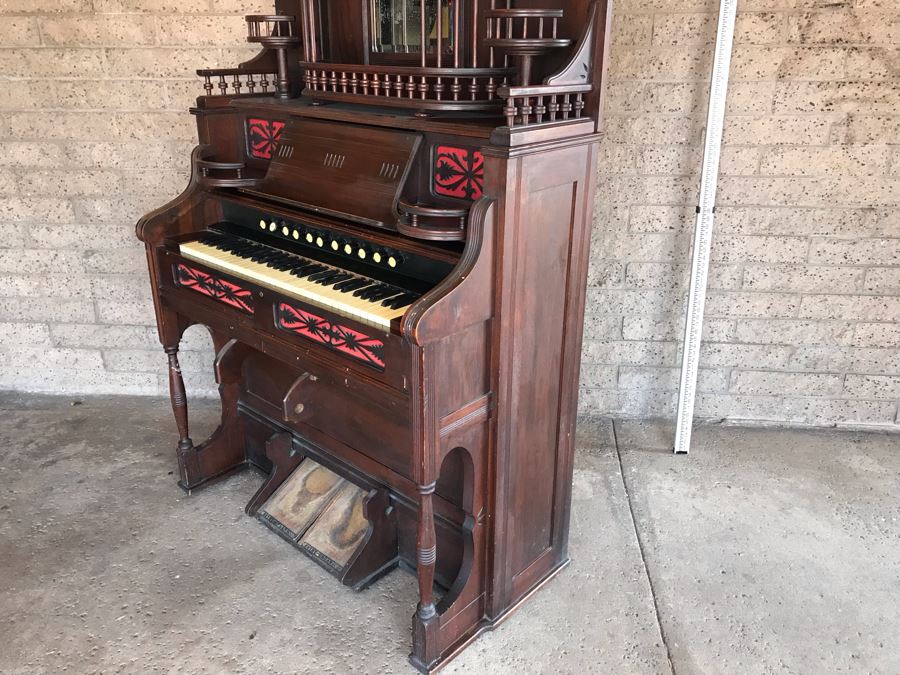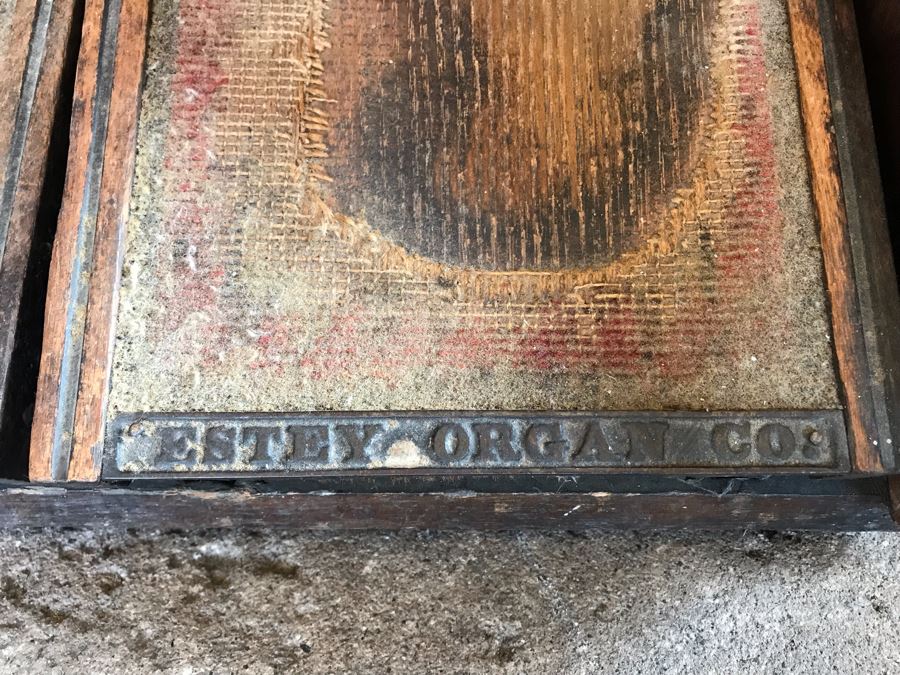
In his Ideal Organ, published in Everett Truettes The Organ in 1894, Skinner specified a fairly conventional fourteen-stop Great, joined to an enormous 27-stop duplexed Swell-and-Choir, a four-stop Echo and a nine-stop all-flue Pedal. It was extremely compact, mobile, had a blind combination action (changing stops without moving knobs) and usually featured a Willis-type concave-radiating pedalboard.Īt the time Skinners tonal ideal blended contemporary style with symphonic ambition. During Skinners time at Hutchings the company also produced a new type of console, known as the bat wing, with hinged stop jambs that folded inward when the console was shut. This arrangement enabled stops to work as fast as notes, unlike the ventil system. In 1898 Skinner devised the pitman stop action. At first, the chests were of lever-arm design with ventil stop action, like those of Edwin Votey. Skinner produced the first Hutchings electric action, installed in 1893 at Saint Bartholomews Church, New York, and refined in 1895 with a superior magnet.


It was the inventive Ernest Skinner (1866-1960), in Hutchingss employ since 1890, who clinched the firms success in this arena. But he had yet to build an electric action. Hutchings had already developed pneumatic and tubular key-actions, contributing to the manageability of his larger organs. Hutchings (1835-1913) emerged as the East Coasts leading progressive builder. When Frank Roosevelt retired in 1893, George S.

Moving forward from this experiment, the Roosevelts created in 1887 the first commercially successful electric action, using wet-cell batteries and a ventil chest with individual valves. While the main organ employed pneumatically-assisted action, a lone Vox Humana was suspended by cables in midair and operated by electric valves. Hilborne Roosevelts electric organ of 1876 was an early attempt at such an instrument. In this realm organists dreamed of a reliable electric action.

The late 1800s were ripe with inventors, gadgets and pioneers in all fields.


 0 kommentar(er)
0 kommentar(er)
